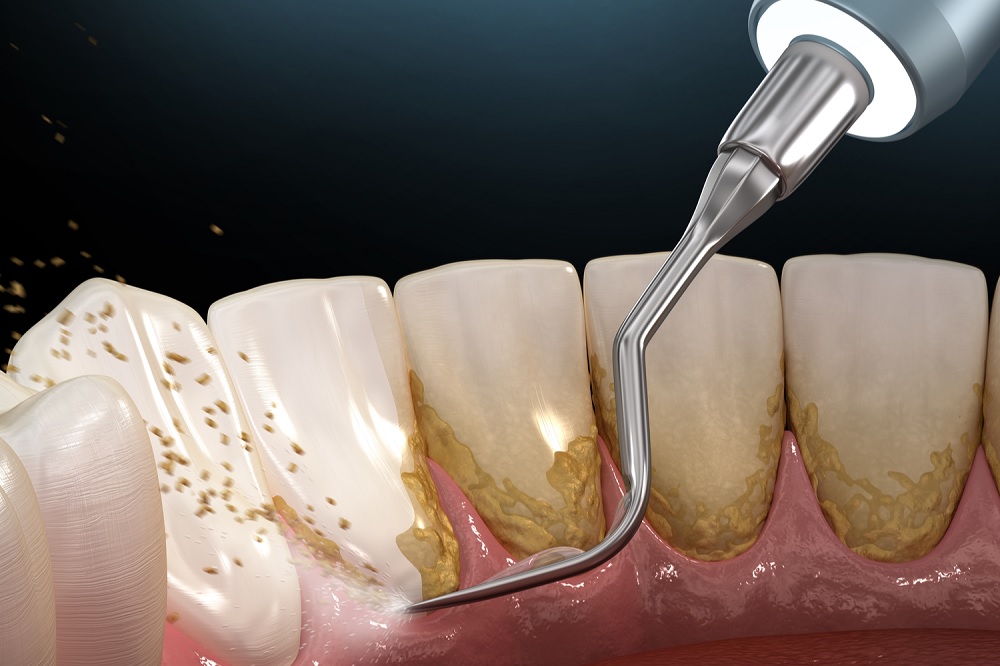If you develop gum disease, you may require deep cleaning by the dentist in Maryville, TN. deep cleaning usually involves scaling and root planing to remove calculus and treat inflamed gums, by chipping off hard calculus that is otherwise not possible through regular brushing and flossing. Scaling and root planing help protect your smile and prevent early tooth loss or gum and jawbone deterioration. Read on to learn more about scaling and root planing through this informative blog.
An introduction to scaling and root planing
Scaling and root planing, or deep cleanings in dentistry, are procedures performed by special manual or ultrasonic instruments. These procedures help get rid of calculus that can stick to your teeth. You may require these special treatments if you suffer from gum or periodontal disease. Scaling removes calculus from the surface of your teeth above the gum line (supragingival), while root planing removes calculus from the roots of your teeth below the gum line (subgingival).
What to expect before scaling and root planing?
Your dentist will first evaluate your oral cavity to determine the amount of calculus present. Oral examination is done using a probe that can help assess the gum deterioration in the form of gingival pockets. Dental radiographs will be taken to assess the bone loss.
What to expect during dental scaling?
Your dentist or oral hygienist will use a vibrating tool called an ultrasonic scaler to perform the scaling process. It involves the following steps:
- A vibrating metal tip on the scaler will chip off the calculus from your teeth’s surfaces.
- A water spray from the scaler washes away the calculus, and flushes plaque from the gingival pockets.
- The remaining small pieces of calculus will be removed using a manual scaler and a curette (a scraping device).
What to expect during root planing?
Root planing is similar to scaling but it takes place on the roots of the teeth below the gum line. In this treatment, your dentist will:
- Use a tool to gently push aside your gum tissues and expose your root surfaces.
- Use the same scaling tools to chip the calculus and make them smooth
- Inject an antibiotic solution into the gingival pockets
Closure
Gum disease can be detrimental to your oral health. If left untreated it may result in tooth loss that can compromise your oral form, function, and aesthetics. Thankfully scaling and root planing can save your teeth and smile by eliminating calculus and harmful bacteria from your mouth. Maintain the results through regular brushing and flossing for improved oral health.


Comments are closed.